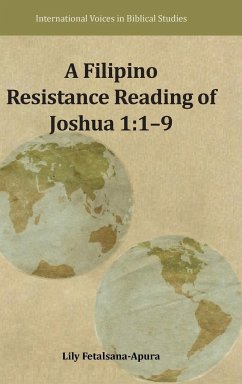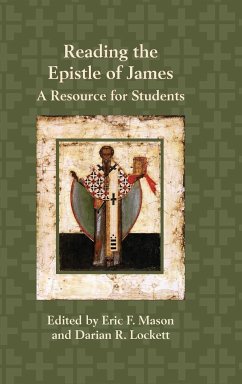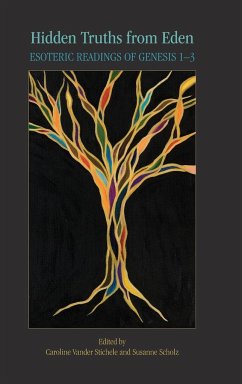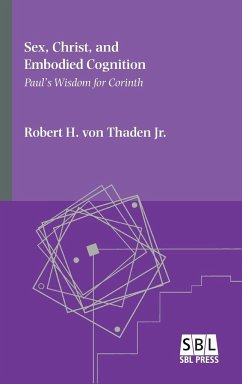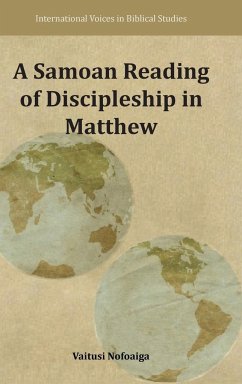
A Samoan Reading of Discipleship in Matthew

PAYBACK Punkte
19 °P sammeln!
The traditional understanding of discipleship in many Christian communities considers church needs and demands to be more important than family duties and responsibilities. To be a disciple requires one to abandon family and follow Jesus into (as if to colonize) the world. Public criticism of this understanding is emerging from Samoans who also question the relevance of traditional Christian teachings. When pondered with regard to people (patrons) and institutons (church), discipleship becomes an exercise in and an expression of power. Under the influence of the Samoan tautua (servant), for wh...
The traditional understanding of discipleship in many Christian communities considers church needs and demands to be more important than family duties and responsibilities. To be a disciple requires one to abandon family and follow Jesus into (as if to colonize) the world. Public criticism of this understanding is emerging from Samoans who also question the relevance of traditional Christian teachings. When pondered with regard to people (patrons) and institutons (church), discipleship becomes an exercise in and an expression of power. Under the influence of the Samoan tautua (servant), for whom the needs of family and local people are foremost, and approaches in biblical criticism that affirm locatedness of readers, this book offers an alternative understanding of discipleship. Discipleship is also about place, which might be in-between spaces. Nofoaiga in this book offers tautuaileva (service in-between spaces) readings of Matthew 4:12-25 and 7:24-8:22 that emphasize place (Galilee) as well as the marginalized and excluded (the crowd).





